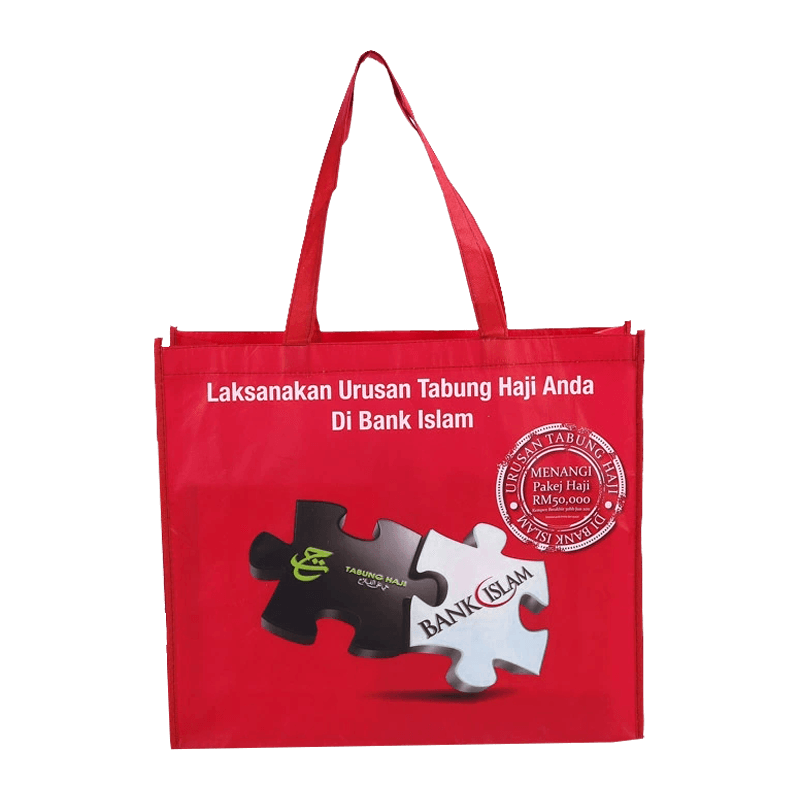In the average household, plastic packaging—particularly single-use shopping bags—accounts for a significant portion of weekly waste. As concerns about pollution and environmental health grow, more families are turning to green reusable grocery bags to lessen their impact. These bags are not only more durable than their plastic counterparts but also serve as a simple, effective tool for reducing household waste. The shift toward eco grocery bags represents a fundamental change in consumer behavior that brings both environmental and practical benefits.
At the core of this transformation is the understanding that single-use plastic bags are inherently wasteful. Used once and discarded, they accumulate quickly in kitchen drawers, trash bins, and ultimately landfills or oceans. Replacing them with green reusable grocery bags can dramatically reduce this waste stream. One high-quality reusable bag can replace hundreds of plastic bags over its lifetime, making it a small change with a big impact.

What makes eco grocery bags especially effective is their capacity and strength. Unlike flimsy plastic, these bags can carry more weight, hold bulkier items, and withstand repeated use. They are typically made from materials such as non-woven polypropylene, jute, or recycled PET (rPET), all of which offer durability and reusability. Many shoppers find that they need fewer trips back and forth from the car, and fewer bags overall, which improves efficiency while reducing clutter and consumption.
Moreover, the availability and variety of green reusable grocery bags make them more appealing than ever. From collapsible designs to insulated options for frozen items, these bags are designed to meet a wide range of shopping needs. Some models even come with compartments to separate produce from dry goods or protect delicate items like eggs and bread. This practical versatility encourages more people to use them regularly, forming new habits that reinforce sustainable behavior.
In addition to reusability, many modern eco grocery bags are made from recycled materials, adding another layer of environmental benefit. Recycled shopping bags not only reduce plastic waste during their use, but they also help reduce the need for virgin materials during production. This results in less resource extraction, lower energy consumption, and a smaller carbon footprint. By choosing recycled shopping bags, consumers support a circular economy that gives new life to old plastic bottles, textiles, and other materials.
The psychological effect of using green reusable grocery bags should not be underestimated. Bringing your own bags to the store creates a sense of personal accountability and environmental consciousness. Over time, this mindset can extend beyond grocery shopping into other aspects of life—like reusing containers, reducing food waste, and avoiding unnecessary packaging. It becomes a gateway to a broader lifestyle change centered around sustainability.
Retailers are also playing a vital role. Many stores now offer incentives for bringing reusable bags or charge a small fee for plastic ones. This shift encourages customers to make more thoughtful choices. Some even offer custom-branded eco grocery bags, turning them into walking advertisements for sustainability. As more people carry these bags around town, the visibility of the trend grows, helping to normalize greener habits across entire communities.
Recycled shopping bags and reusable alternatives have become symbols of environmental responsibility. They’re not just functional—they represent a consumer’s values. For households looking to reduce their ecological footprint, using green reusable grocery bags is one of the simplest, most impactful actions they can take. Studies have shown that homes using reusables consistently send less waste to landfills and require fewer garbage bags per week.
The adoption of eco grocery bags, green reusable grocery bags, and recycled shopping bags is proving to be a practical, scalable solution for cutting household waste. By eliminating the need for hundreds of single-use bags each year, families can reduce clutter, save money, and support a healthier planet. The movement toward reusable options is no longer just a trend—it’s a meaningful lifestyle shift with long-term benefits for both people and the planet.



 English
English Español
Español عربى
عربى







